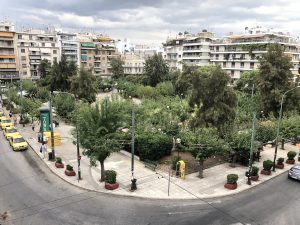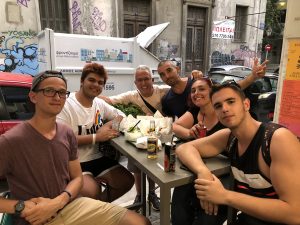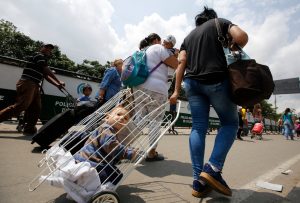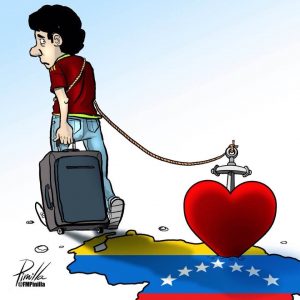Death has free reign in Venezuela
Dr. Carlos Bravo knew what fate awaited him. Sebin (Venezuelan Secret Service) had been harassing him for broadcasting videos and commenting on the situation at the University Hospital, one of many hospitals whose capacity to serve patients has effectively been stripped by a government who does not care for the needs of its people.
The funds required to purchase medicines have been depleted, largely as a result of widespread corruption. At the same time, citing “outside interference”, humanitarian aid has not been allowed into the country. The remaining lifeline is individual parcels of the most elemental of resources sent by family and friends from outside the country.
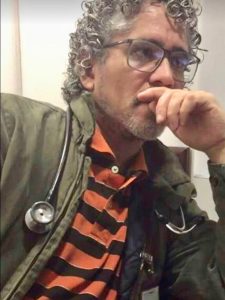 Dialysis patients are not able to have the routine procedures needed to preserve their lives. HIV/AIDS patients long ago stopped receiving their needed medicines. Cancer sufferers have no access to any kind of treatment. People regularly utilize social media to request antibiotics, other basic medicines, and even ointments. On average last year, 31 Venezuelan infants died every day. Many were victims of diarrhea, bacterial infections, and other diseases that, according to the local pediatric society, could have been prevented or easily treated.
Dialysis patients are not able to have the routine procedures needed to preserve their lives. HIV/AIDS patients long ago stopped receiving their needed medicines. Cancer sufferers have no access to any kind of treatment. People regularly utilize social media to request antibiotics, other basic medicines, and even ointments. On average last year, 31 Venezuelan infants died every day. Many were victims of diarrhea, bacterial infections, and other diseases that, according to the local pediatric society, could have been prevented or easily treated.
“There are vaccines and antibiotics available, but Venezuela is so lacking that these illnesses are coming back,” said Dr. Huniades Urbina, president of the Venezuelan Society of Childhood and Pediatrics.
Deaths of babies younger than one year jumped to 30% in Venezuela in 2016, according to the last available government figures. That is a stark contrast to declines across the rest of Latin America.
The government has long since stopped releasing data on all basic metrics of life in the country. No one is able to know the facts – from inflation and hard currency reserves to causes of death.
On October 20, Pastor Marcelo Coronel, leader of the Merida (main city in the Andes region) Pastors Fellowship learned that one of his church’s members had been detained by the security services. She had with her two boxes of medical supplies to distribute among the needy. She was accused of trafficking and taken into custody. Pastor Coronel voluntarily went to speak on behalf of his church member and has now been kept in jail for over a week.
There is a war against anyone trying to help the people in Venezuela.
This crisis is what drove Dr. Carlos Bravo to give all he had to serve at the hospital where he endeavored to preserve life. Starting as a nurse, then an assistant in surgeries, then a researcher in basic sciences and finally as a general surgeon, he became one of the best in the country.
Dr. Bravo knew that the Sebin basements were waiting for him because they had already called him to tell him that they were waiting outside the hospital to take him away. Terror and the panic destabilized him, for he was claustrophobic and he feared the darkness. Knowing that Sebin would leave him in the basements without light, he injected himself with a solution that ended his life.
Venezuela has lost a servant who loved his people till the end. The country’s human capital continues to be eroded as those who choose to stay and serve are slowly being decimated by a government whose intent is to create a North Korea-like pariah state… even as North Korea starts to reverse its decades-long failed policies.

